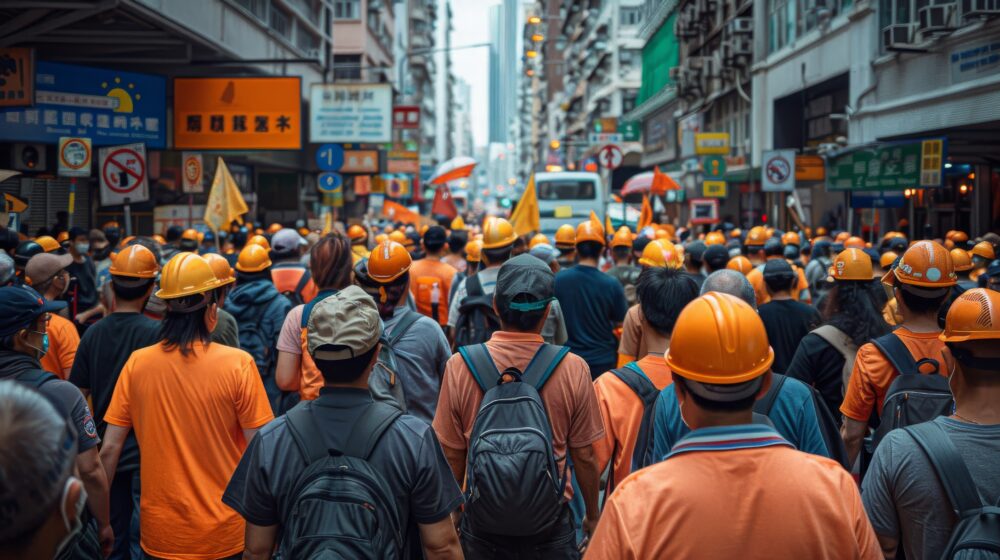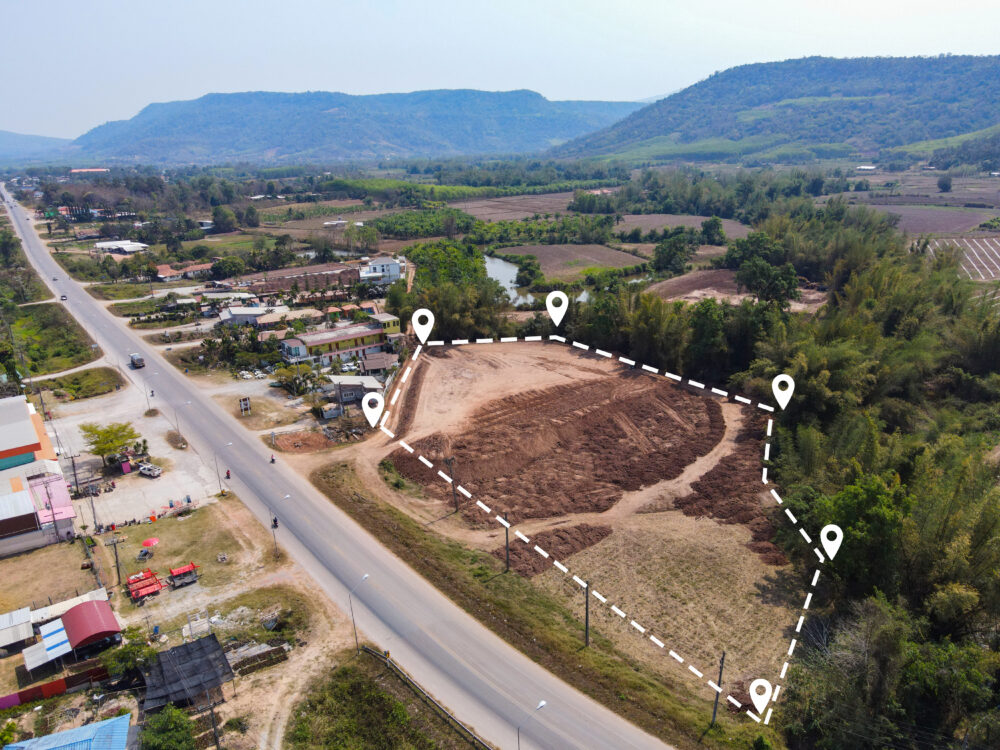Vietnam has emerged as a highly attractive destination for foreign investors, driven by its open-door policies and business-friendly environment. Among the key activities related to investment in Vietnam, leasing factories for production and business operations plays a crucial role. However, in practice, many enterprises are not fully aware of the legal considerations necessary to mitigate potential risks during the negotiation and execution of factory lease agreements. This article highlights several critical aspects that FDI enterprises should carefully consider when leasing a factory in Vietnam.
1. Legal due diligence on the factory
Before signing a lease agreement, enterprises should carefully verify whether the factory they intend to lease meets all legal requirements for business operations. Under Article 14 of the Law on Real Estate Business 2023, leased factories must meet the following conditions:
- Having legal documentation for land use rights and ownership of the factory: certificate of house ownership and residential land use rights or a certificate of land use rights and ownership of houses and other land-attached assets or another certificate concerning land use rights and ownership of land-attached assets in accordance with the land law
- No ongoing disputes: The factory must not be involved in any disputes over land use rights associated with construction works, or disputes over ownership of construction works put for business that are accepted for resolution by competent authorities; in case of a dispute, such dispute must have been resolved by a competent authority under a legally effective judgment, decision or ruling.
- Not being subject to distraint for execution of a judgment: The factory must not be listed as an asset under distraint for the purpose of executing a judgment.
- Not falling into cases banned from transaction by law: The property must not fall within categories banned from transactions, such as: property related to a project subject to land recovery according to a decision by a competent state authority; property located in areas protected for national defense or security; or property that is in the process of clearance or compensation but has not completed the legal procedures.
- Not falling into cases of being suspended or temporarily suspended from transaction in accordance with law;
- Leasing mortgaged property: If the factory is mortgaged with a financial institution or a third party, the lessor must obtain written consent from the mortgagee before signing the lease agreement.(1)
- Public disclosure: The factory must have been publicly listed on real estate and housing information systems, as well as the lessor’s official website.
In addition, the enterprise leasing out the factory must meet the following requirements:(2)
- Having real estate business as one of its registered business lines.
- Not being banned from dealing in real estate or having its operation suspended or terminated under a court judgment or ruling, or a decision of a competent state authority.
- Ensuring the law-specified debt-to-equity and corporate bond-to-equity ratios.
- An enterprise dealing in real estate through a real estate project must have equity not lower than 20% of the project’s total investment capital for a project using less than 20 hectares of land, or not lower than 15% of the project’s total investment capital for a project using 20 hectares of land or more. Additionally, it must be able to mobilize capital for project implementation. In case the real estate enterprise implements multiple projects at the same time, its equity must be sufficient to be allocated for each project at the above-mentioned rate so as to ensure the implementation of all projects.
2. Verifying the factory’s compliance with fire prevention and fire fighting regulations
When leasing a factory, one of the critical factors that FDI enterprises must pay special attention to is ensuring that the factory fully complies with fire prevention and firefighting (FPFF) regulations. Compliance in this area is not only essential for the safety of assets and personnel but is also a mandatory legal requirement. The factory should be able to provide key legal documents, including:(3)
- The approved firefighting plan;
- The design examination and approval certificate and documents; and
- The written approval of FPFF pre-acceptance test result.
In cases where the lessor has not yet completed, or is in the process of completing, the required approvals related to FPFF matters, the parties should clearly stipulate in the lease agreement the lessor’s responsibilities and commitments. Specifically, the lease agreement should specify the deadline by which the lessor must complete all legal procedures related to FPFF compliance; the lessor’s responsibility to provide explanations to the competent authorities if requested during the process; and the legal consequences for the lessor in the event of a failure to meet the agreed timeline for obtaining the necessary approvals or any breaches in the approval process.
In addition to reviewing legal documentation, FDI enterprises should also conduct an on-site inspection of the factory’s FPFF systems before entering into the lease agreement. Such an inspection allows the lessee to assess the actual operational condition of the FPFF system and promptly identify any potential risks, as there have been instances where the legal documents were obtained but the system had deteriorated or no longer met technical standards.
When conducting an on-site inspection, enterprises should pay close attention to the following aspects:(4)
- Fire safety regulations, signage, and evacuation instructions: Inspect the availability and condition of fire safety regulations, prohibition signs, hazard warning signs, and evacuation maps or directional signs.
- Electrical systems and ignition/heat sources: Inspect the condition of electrical systems, electrical equipment, lightning arrester and anti-static electricity systems, and the management of ignition and heat sources in the factory.
- Firefighting infrastructure: Inspect the functionality of internal roadways for fire trucks, fire water supply systems, emergency communication systems, fire safety management databases, and incident reporting systems.
- Fire detection, firefighting, and rescue systems: Inspect the operational status of automatic fire alarm systems, firefighting systems (e.g., sprinklers, fire hydrants), fighting and stoppage system, smoke stoppage system, fire escape system, other fire prevention and fighting equipment and human rescue equipment in the factory.
(1) Article 321.6 of the Civil Code 2015.
(2) Article 9 of the Law on Real Estate Business 2023.
(3) Article 5.1 Decree 136/2020/ND-CP.
(4) Article 5.1 Decree 136/2020/ND-CP.
Related articles:
1/ Subleasing Land in Industrial Zones for Factory Construction: What FDI Enterprises Need to Know
2/ Chinese investors in the furniture manufacturing sector in Vietnam
Disclaimers:
This article is for general information purposes only and is not intended to provide any legal advice for any particular case. The legal provisions referenced in the content are in effect at the time of publication but may have expired at the time you read the content. We therefore advise that you always consult a professional consultant before applying any content.
For issues related to the content or intellectual property rights of the article, please email cs@apolatlegal.vn.
Apolat Legal is a law firm in Vietnam with experience and capacity to provide consulting services related to Business and Investment and contact our team of lawyers in Vietnam via email info@apolatlegal.com.





































